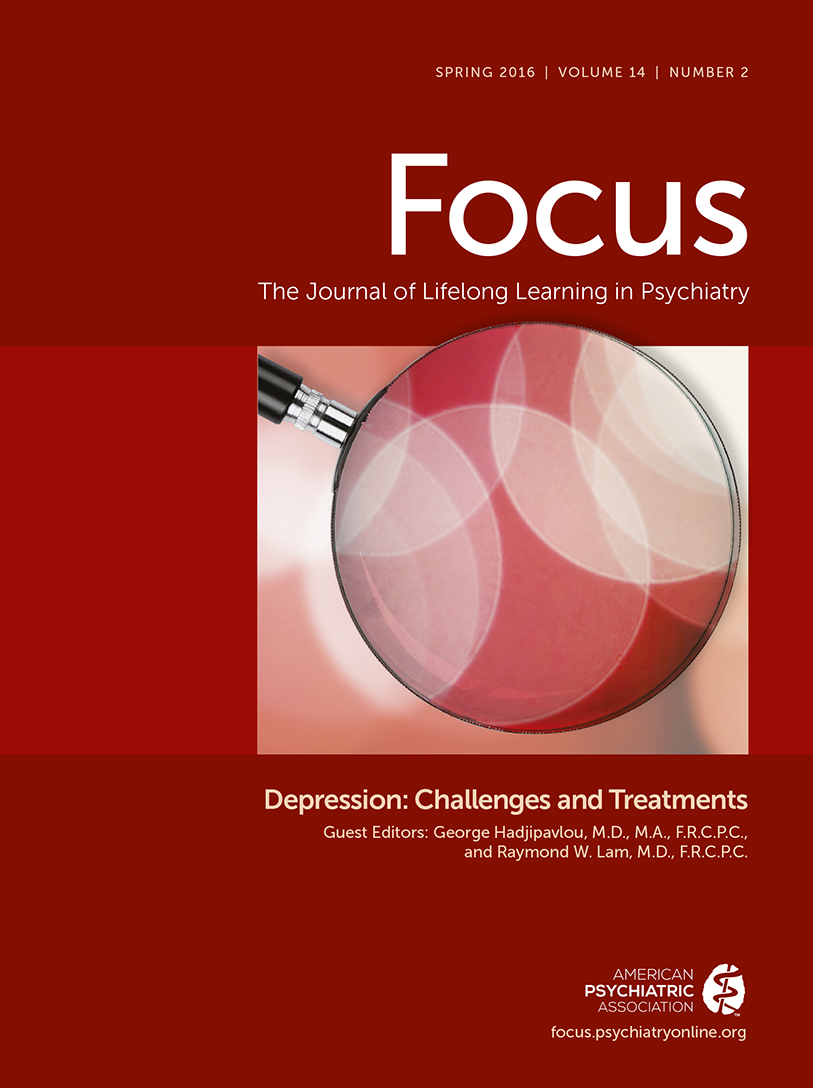Major Depressive Disorder: New Clinical, Neurobiological, and Treatment Perspectives
Abstract
In this Seminar we discuss developments from the past 5 years in the diagnosis, neurobiology, and treatment of major depressive disorder. For diagnosis, psychiatric and medical comorbidity have been emphasised as important factors in improving the appropriate assessment and management of depression. Advances in neurobiology have also increased, and we aim to indicate genetic, molecular, and neuroimaging studies that are relevant for assessment and treatment selection of this disorder. Further studies of depression-specific psychotherapies, the continued application of antidepressants, the development of new treatment compounds, and the status of new somatic treatments are also discussed. We address two treatment-related issues: suicide risk with selective serotonin reuptake inhibitors, and the safety of antidepressants in pregnancy. Although clear advances have been made, no fully satisfactory treatments for major depression are available.
(Reprinted with permission from The Lancet 2012; 379:1045–55)



